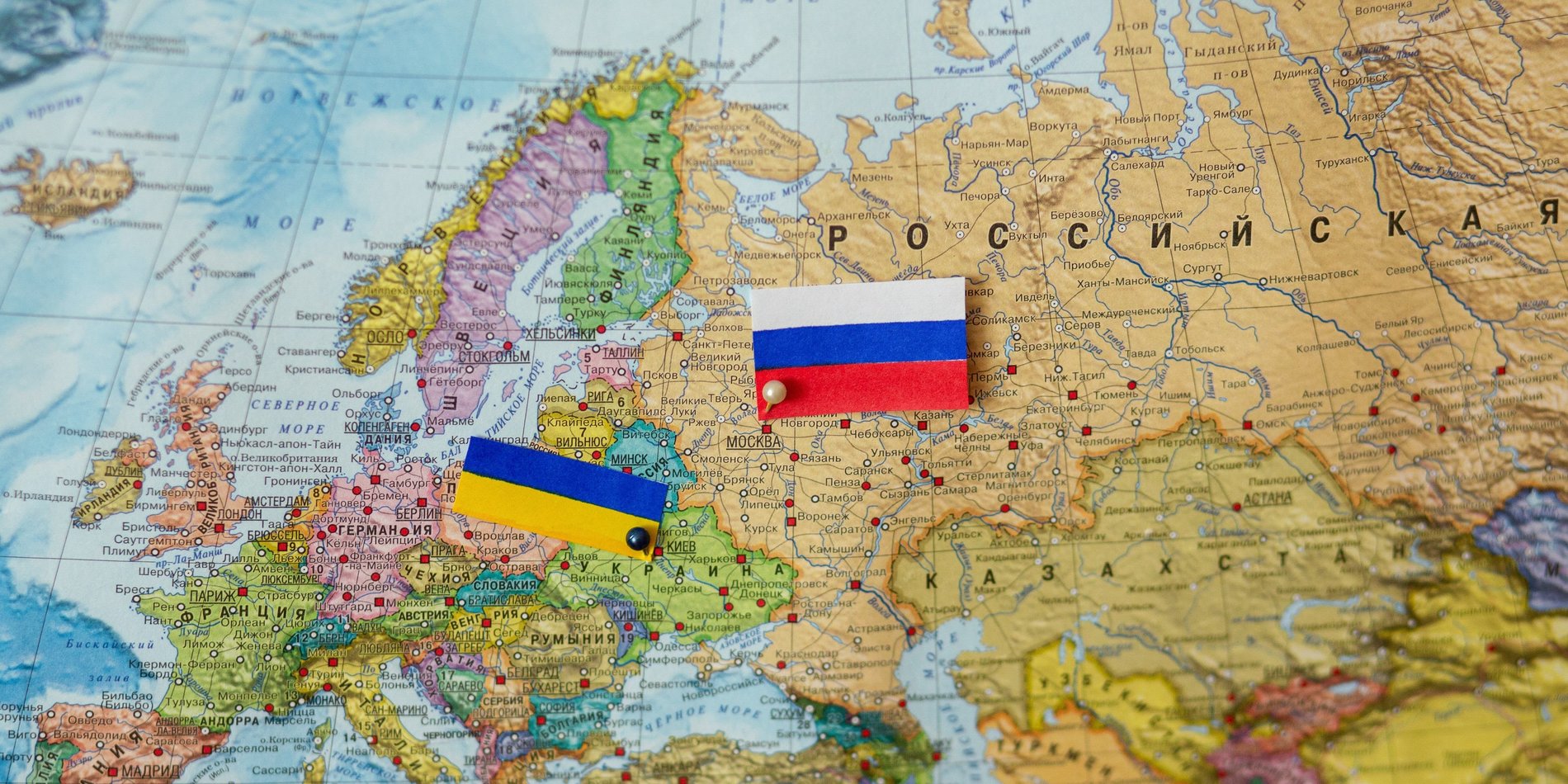Stanford CS students work with UN on innovation technology for refugees
BAMBASI, ETHIOPIA - When military jets began cluster-bombing her Sudanese village, Mohasin Babakir only had time to grab her two children and run.
She ran and ran, while three months pregnant, until she reached the Ethiopian border. She and thousands of other Sudanese were met by U.N. trucks and escorted to refugee camps.
Today, Babakir and her children are safe in this remote refugee camp on the western border of Ethiopia. But she's heartsick. When she fled that day in September 2011, her husband was at work and her mother nowhere to be found. She hasn't seen them since.
"What has forced us to be refugees is only the war," Babakir said in the English she has spent two years perfecting in the camps. This determination led her to become a community leader helping other Sudanese navigate the complicated bureaucracy that comes with being a refugee.
"But I miss my mother," she said, looking down as her eyes welled up and she pulled her pink eyelet lace scarf down over her head. "I don't know if they're alive – or if the Antonovs killed them." The Antonovs are the Soviet-era cargo planes used by the Sudanese military.
Stanford student Parth Bhakta asked her gently, "So how do you communicate back home?"
"No, no communications," Babakir replied. "Because we don't know where they are. Even we don't have the phone number. Without communication, without passing letters, (my husband) doesn't even know if we are safe – and I don't know if he's alive."
Textbook case
It was a textbook case come alive for symbolic systems major Bhakta and for computer science major Ben Rudolph, both of whom graduated in June. They said they believe mobile phone technology and Wi-Fi communications are key to helping those who often need it most: homeless people fleeing combat or political persecution. Once refugees arrive at U.N. camps – exhausted, hungry and often dazed by trauma – registration and communications can be logistical nightmares.
Stanford student Ben Rudolph talks about the impact of what he's learned in the refugee camps in Ethiopia.
Bhakta and Rudolph traveled with two other Stanford students to the Horn of Africa nation this spring to test their innovation theories for the Office of the United Nations High Commissioner for Refugees (UNHCR) in collaboration with the United Nations and Stanford's Center for International Security and Cooperation (CISAC).
A Law School class, Rethinking Refugee Communities, co-taught by Professor Mariano-Florentino Cuéllar and Leslie Witt of the Palo Alto-based innovation and design firm IDEO, called on two dozen students during the winter quarter to explore ways to help the United Nations support 42 million refugees, internally displaced persons and stateless people worldwide.
The students broke into four teams to focus on specific prototypes. They elected leaders to travel to the Sherkole and Bambasi refugee camps in Ethiopia and share their ideas with refugees on the ground. Two other students, both of whom were masters' candidates in international policy studies, researched food security and shared spaces with host communities.
Most of the refugees in the Sherkole and Bambasi camps are from the state of Blue Nile, where conflict broke out between the Sudanese military and the Sudan People's Liberation Movement-North in September 2011, several months after South Sudan seceded. Since then, nearly 300,000 Sudanese have been displaced; 22,000 are sheltered in the two Ethiopian camps.
"You read about refugees and their living conditions in textbooks and articles, but actually visiting a camp makes it come to life; it puts things in perspective," said Rudolph, who has since accepted an internship with the UNHCR's innovation lab in Geneva this summer.
Rudolph developed software called RescueSMS to help intake officers at the camps collect data about individuals and families with a text-messaging platform that would allow refugees to easily and quickly get their temporary tents, food rations and medical care.
The software – which he hopes can be tested in a camp for Syrian refugees in Lebanon over the summer – would also aid relief workers with faster response times for camp emergencies such as fires or domestic violence. Filters would automatically tag certain words, such as "fire" or "rape," and determine that they deserved urgent texts to be sent out.
"From this data collection, you could do a lot," Rudolph said. "One goal would be to target specific groups within the refugee camp and alert them to aid or programs tied to their needs."
The trip to the refugee camps triggered new ideas to improve RescueSMS.
"The No. 1 thing I learned is that money really, really matters. And this dictates the success and failures of lots of programs in the refugee camps," Rudolph said. "What I think is most important are metrics and analytics; I'm personally very excited by this because I think this is a way to show donors – the people with the money – that RescueSMS matters."
The software could map improved response times to emergencies by the U.N. staff, for example, or show that the number of domestic violence cases dropped because women had a mechanism to report the violence. Those metrics lead to bigger donations.
"Down the road, when more refugees have smartphones with geo-tagging, you could possibly figure out heat maps to see where these texts are coming from," Rudolph said.
Employees of Palantir Technologies, a data analytics software firm, talked to Rudolph and Bhakta about their projects and are closely watching how the UNHCR collaboration unfolds.
"We donate our software to nonprofits and organizations that have really interesting data-driven missions that we could help out with," said Zach Romanow, a philanthropy engineer at the Palo Alto-based firm.
"The RescueSMS data collection is really interesting," Romanow said. "It could be based in a camp that's driven by cell service and that's linked back to UNHCR. From what I've heard so far, it sounds like a really compelling use case – and obviously the mission is wonderful."
Roving kiosks
The students fanned out across the camps to talk to refugee community leaders such as Babakir. Bhakta explained to her and others his idea for roving communications kiosks, which would allow refugees to broadcast on camp radio stations, leave and pick up messages, tell stories and interview one another. The kiosks would also serve as a UNHCR case management system.
"If refugees have an issue, they could go to these kiosks and check up on the status of it and make sure that someone's actually following up on it," Bhakta said. "Sometimes a lot of these cases just get lost since there's such a high turnover of UNHCR staff members."
His team also looked at a messaging system through which refugees could use the bar codes on their ration cards or unique personal identification numbers. Operating these kiosks using Wi-Fi would mean they'd be secure and wouldn't fall under government regulations or censorship.
After speaking with Babakir, Bhakta said his team must also think about a secure messaging system for refugees to communicate with family back home. Contacting loved ones in Sudan could put those lives at risk if the government suspects them of having colluded with rebels.
Babakir was grateful to the students. Like them, she has a thirst for innovation. She helps her Sudanese compatriots with English lessons by kerosene lantern after the sun goes down.
"We are now living in the camp, eating, drinking and sleeping without putting some knowledge in our heads. What brought the war in Sudan, it is not only the gun. It is because of no knowledge," she said, pointing to her head. "But I can change that."



